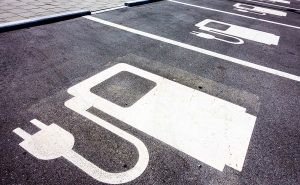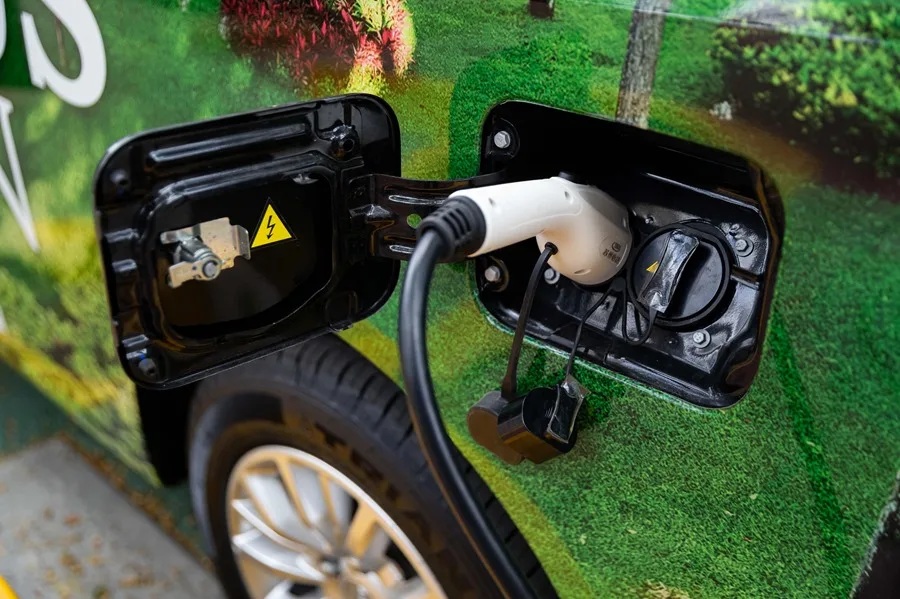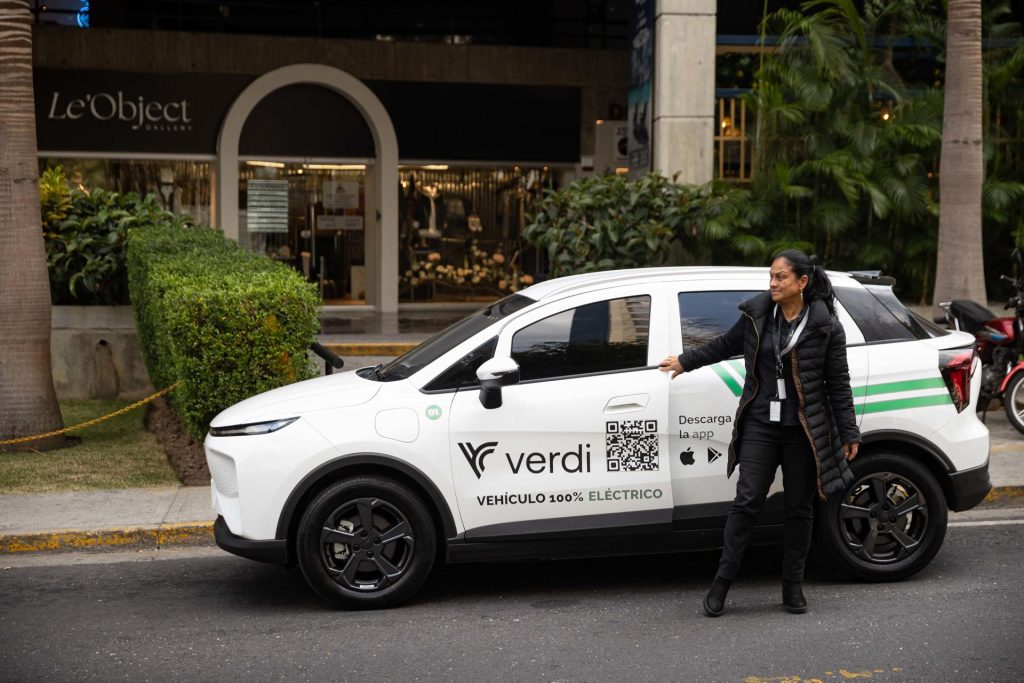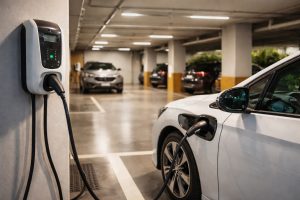
Venezuela Slowly Advances Towards Electric Mobility with Private and University Initiatives

Despite its historical dependence on oil, Venezuela is taking steps towards electric mobility with the incorporation of electric vehicles and the development of charging infrastructure.
Private companies and universities are promoting initiatives to accelerate the transition to more sustainable transportation.
According to Celia Herrera, Director of the Center for Engineering Research and Development (CIDI) at the Andrés Bello Catholic University (UCAB), the country is undergoing a gradual transformation towards the use of renewable energies.
“There is quite a strong movement of electric vehicles in the country, which are not only individuals, but also other forms of mobility such as micro-mobility,” said Herrera.
You may also be interested in: Kia and McDonald’s promote electric mobility in Ecuador with charging points in 12 stores
Gradual Transformation
One of the most outstanding projects is the electric transport service for UCAB students, which operates daily in Caracas. This service, which costs US$2.5 per trip, allows students to travel more efficiently and sustainably.
In addition, the company Verdi has launched the first fleet of 100% electric cabs in Venezuela, offering transfers to and from Maiquetia International Airport and Margarita Island.

On the other hand, the growth of the electric vehicle market has opened up opportunities for new investments.
Swing Energy, a company founded in 2022, has installed the first 14 fast charging points in Caracas, Maiquetía and Margarita; it seeks to expand its charging network with solar energy and is awaiting approval from the authorities to develop an electric route in the country.
Carlos García, Operations Director of Swing Energy, explained that the monthly consumption of the charger network “does not even come close” to that of a small supermarket, which shows that electric mobility is still in an initial phase in Venezuela.
However, the company’s goal is to become a self-managing charging network, generating its own energy with solar panels.
Challenges and Future Prospects
Despite the economic challenges and difficulties in power generation, experts believe that electric mobility in Venezuela is viable and that its adoption will continue in the coming years.
The lack of a clear public policy and the constant blackouts represent obstacles, but the joint work between the private sector and the State could accelerate the transition.
Electric mobility is already a reality in Venezuela, and its growth will depend on investment in infrastructure, government incentives and the adoption of clean technologies by consumers.





